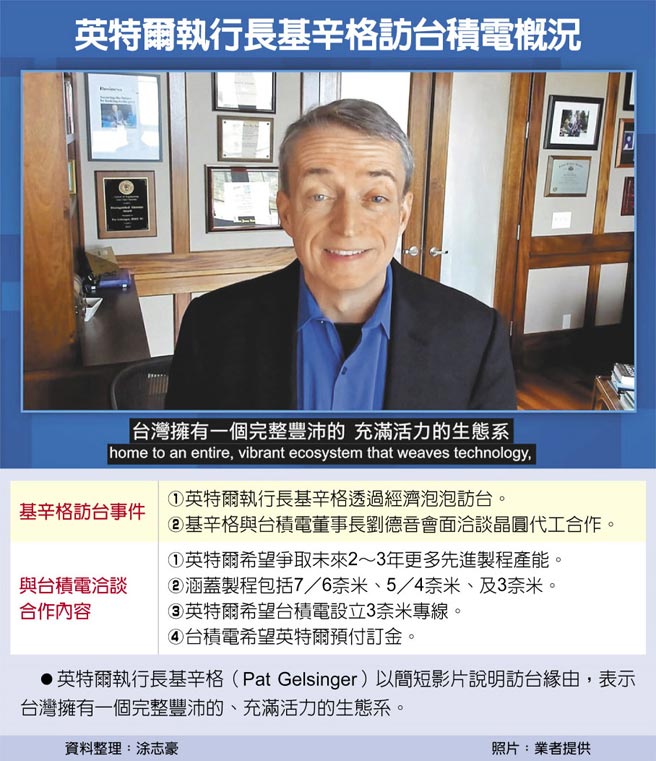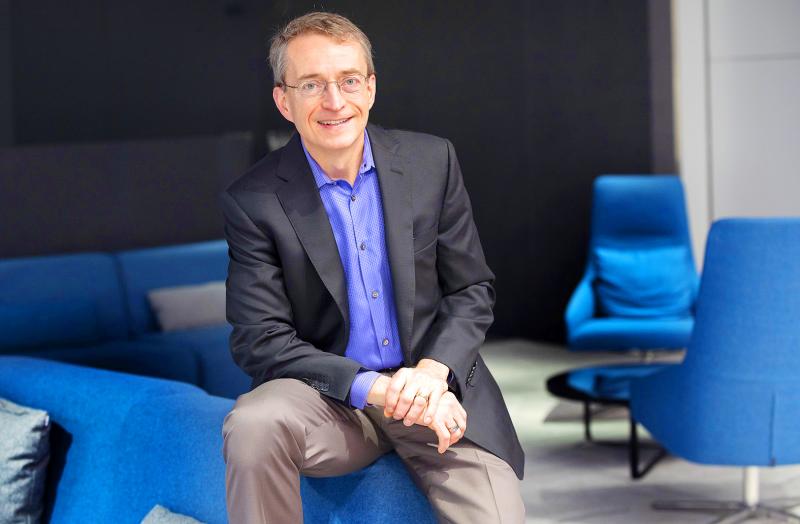In a game of checkers I agree with you but in a game of chess you are wrong.
Pat is saying that TSMC’s business model requires 30-40% subsidies which is an insult in any part of the world. And if Pat is not insulting TSMC then why is Morris Chang going after Pat? This is very easy to see. Pat is trying to turn public opinion against competitors with false narratives, simple as that.
A pure thought experiment here (note I agree 100% with you, and not just because you're the founder of this site ;-) ) --
I think all governments subsidize big corporations to a substantial degree. It's also possible that Intel is effectively already subsidized by 20% and Pat is asking for more.
Examples of subsidies governments give businesses:
- Tax breaks on land
- Depreciation and other operating tax perks
- Low corporate taxes or taxes with loopholes (FWIW - Taiwan is 20% corp tax, US 21% - hardly a difference)
- Contract wins to ensure stable business / preferred contract status (usually unwritten)
- Stipends or retainers for business fluctations (i.e. see ULA's $1B a year retainer/subsidy - even if they do zero launches)
- Department / Government 'funds'
- Catering to lobbying on specific laws/issues or just implementing laws favoring some corporations over another (i.e. barriers to entry)
- Favorable foreign trade policies
- Subsidized shipping costs (i.e. China)
- Government investment in the stock directly (i.e. GM / Chrysler type stuff)
- Cheaper access to commodities - such as water/energy agreements
- Access to cheap loans, capital
- Abstract benefits - such employee incentives to make it easier for them to live in an area where it might be too expensive otherwise (effectively giving companies access to cheaper skilled labor), or subsidized higher education -- which means the students don't have debts that have to be paid for by higher wages.
- Arguable subsidies - further abstracted - the US government (military) subsidizes the price of oil for all US citizens, effectively lowering the cost of labor for US businesses
....
Some of these may apply to TSMC. I also see TSMC's own FAQ shows a 6.38% ownership stake by "National Development Fund", and a smaller 2.42% stake by "Citibank (Taiwan) Ltd. in custody for Government of Singapore". The NDF website says it's a fund established by the government [to strengthen strategic industries]; in a way this is a subsidy for TSMC as it is government (taxpayer) money buying shares of the company increasing TSMC's access to capital that the free market didn't already provide, or perhaps directly funding some of TSMC's R&D.
I don't think this fully builds a case for 30-40% subsidies for TSMC, but the amount of benefits large corporations receive from governments (taxpayers) are quite substantial.
P.S. SemiWiki may have the influence to get a known journalist (Semiaccurate?) to ask Pat about what makes up this subsidy sometime in the future..




